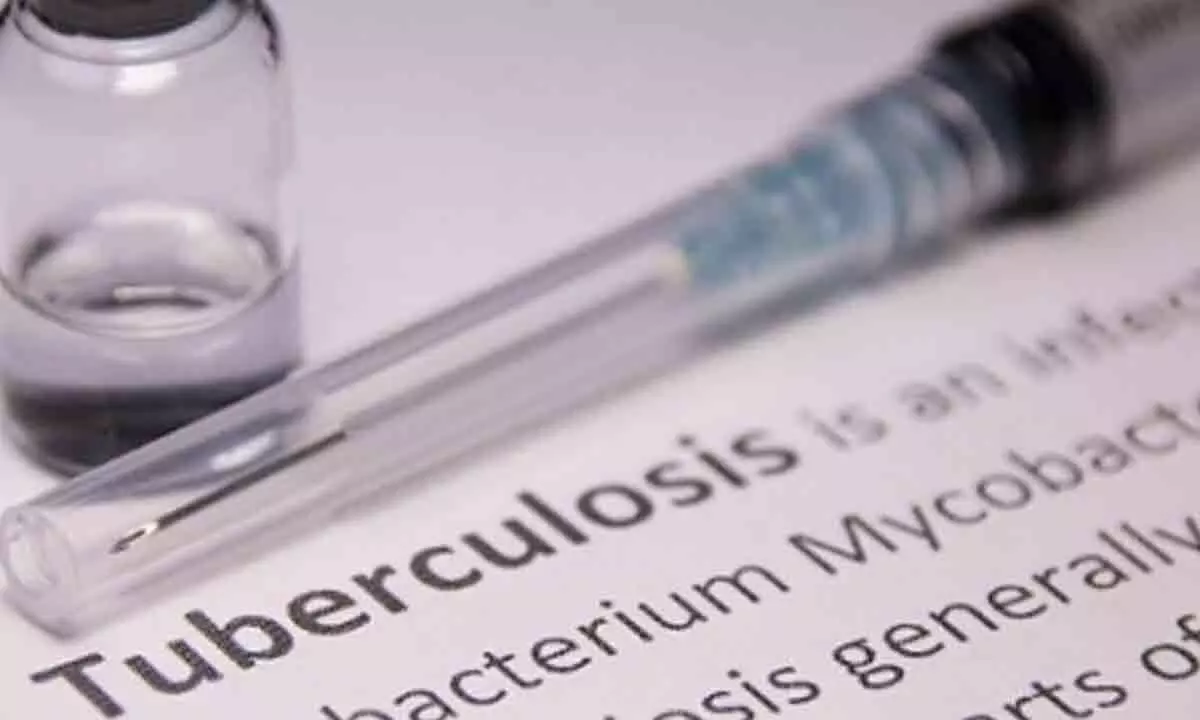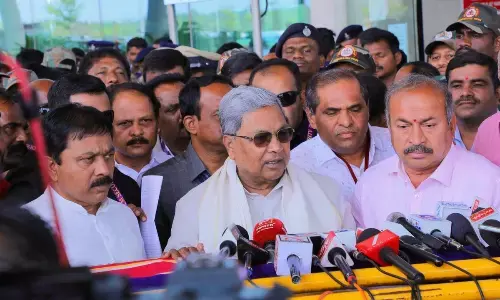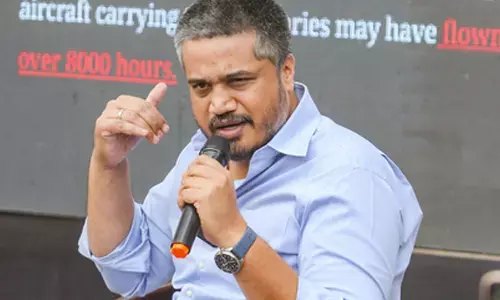New, shorter drug-resistant tuberculosis treatment shows promise
Share :

New, shorter drug-resistant tuberculosis (TB) treatment -- BPaL (comprised of bedaquiline, pretomanid, and linezolid) -- showed a 94.5 per cent cure rate in countries with a high burden of drug-resistant TB (DR-TB), reveals interim research results from five Central and Southeast Asian countries.
Paris : New, shorter drug-resistant tuberculosis (TB) treatment -- BPaL (comprised of bedaquiline, pretomanid, and linezolid) -- showed a 94.5 per cent cure rate in countries with a high burden of drug-resistant TB (DR-TB), reveals interim research results from five Central and Southeast Asian countries.
Tuberculosis is one of the world’s deadliest infectious diseases, killing 1.3 million people in 2022 and requiring at least four to six months of treatment with drugs that are decades old. Drug-resistant TB is a growing threat -- about 410,000 people had multidrug-resistant TB infections in 2022, but only about 43 per cent received treatment.
The BPaL regimen reduces the length of treatment for DR-TB from 18 months or longer to six months, and projects to be more cost-effective than previous therapies. Simpler and more cost-effective therapies can help alleviate some of the burdens that contribute to people with DR-TB going untreated.
The findings from Indonesia, Kyrgyzstan, Philippines, Uzbekistan, and Vietnam presented together at the 2023 Union World Conference on Lung Health in Paris, represent outcomes for 319 out of 576 participants. These participants completed treatment with BPaL and were confirmed TB-free six months after completion of therapy.
“The BPaL regimen, we have seen treatment times decrease from 9-18 months to six, and we’re seeing early signs of high cure rates compared to about 63 per cent cure with longer regimens,” said Iana Terleieva, Head of the Tuberculosis Control and Prevention, Department of the State Institution, Public Health Center of the Ministry of Health of Ukraine.
“Even with added challenges as seen through a wartime lens in Ukraine, this shorter, simplified regimen has already made an impact for the treatment of DR-TB. We are hard at work continuing to expand access to the regimen throughout the country, so it can be made available to all who need it.”
In addition, four abstracts from operational research in the Philippines -- the second country to launch OR -- were presented at the Union Conference. These abstracts showed the BPaL regimen’s overall success rate against some of the hardest-to-cure strains of TB in the Philippines was 97 per cent. The regimen presented few serious adverse events.
“In the Philippines, the BPaL regimen has exceeded all expectations,” said Dr. Irene Flores, principal investigator at the Jose B. Lingad Memorial General Hospital in the Philippines. “With access to new technologies like BPaL, we can see a day in the near future where we will no longer be a country with a high-burden of drug-resistant TB cases.”









